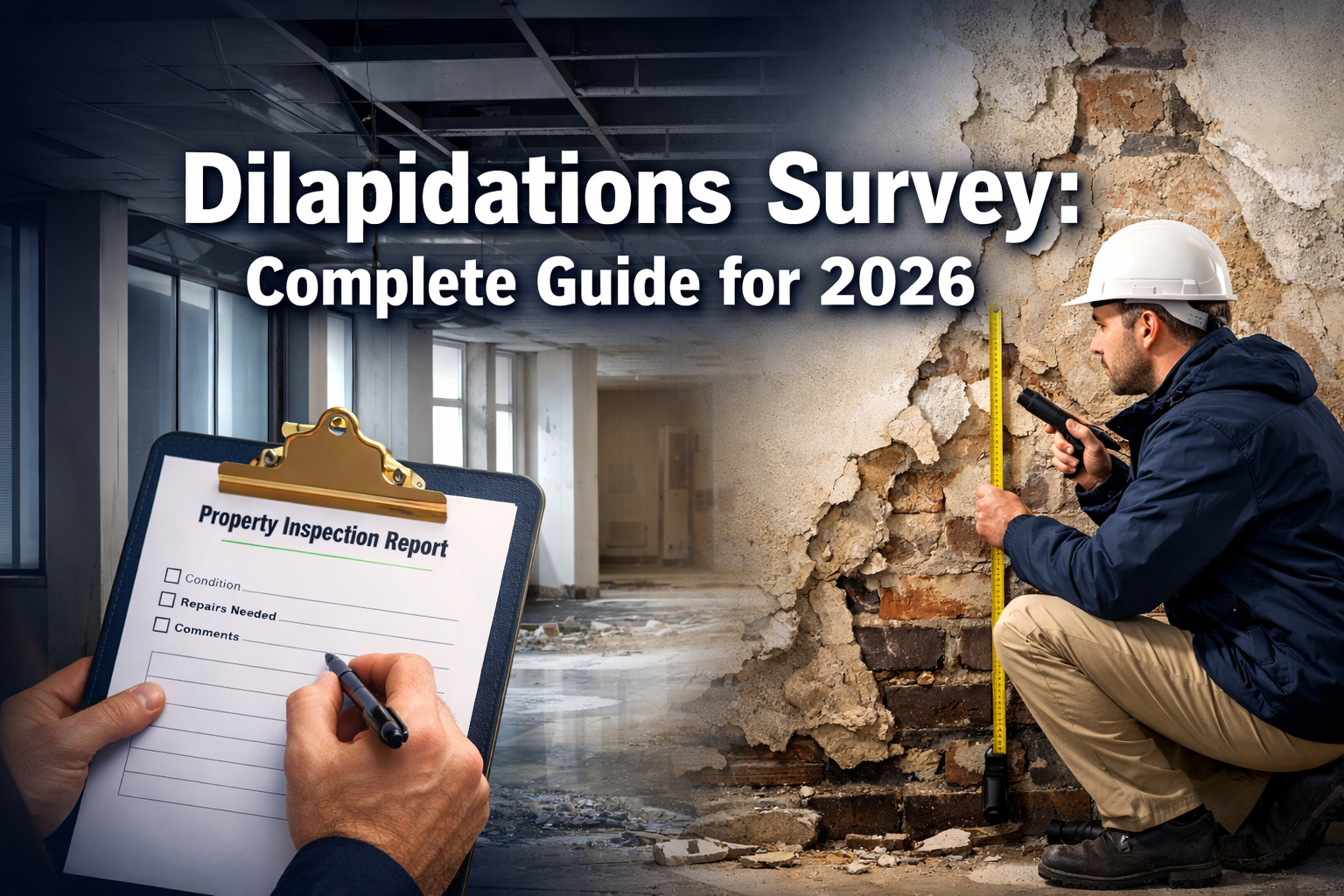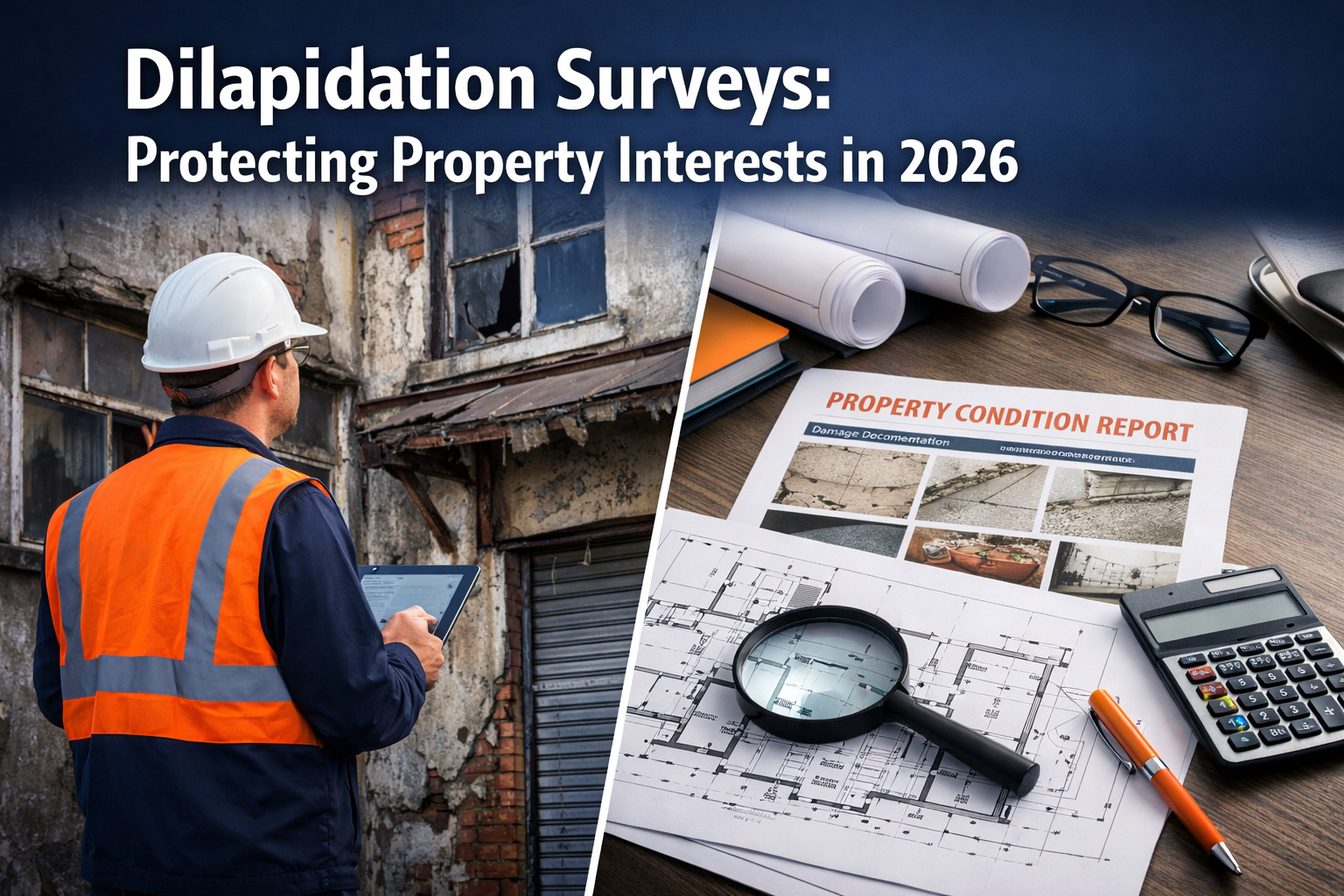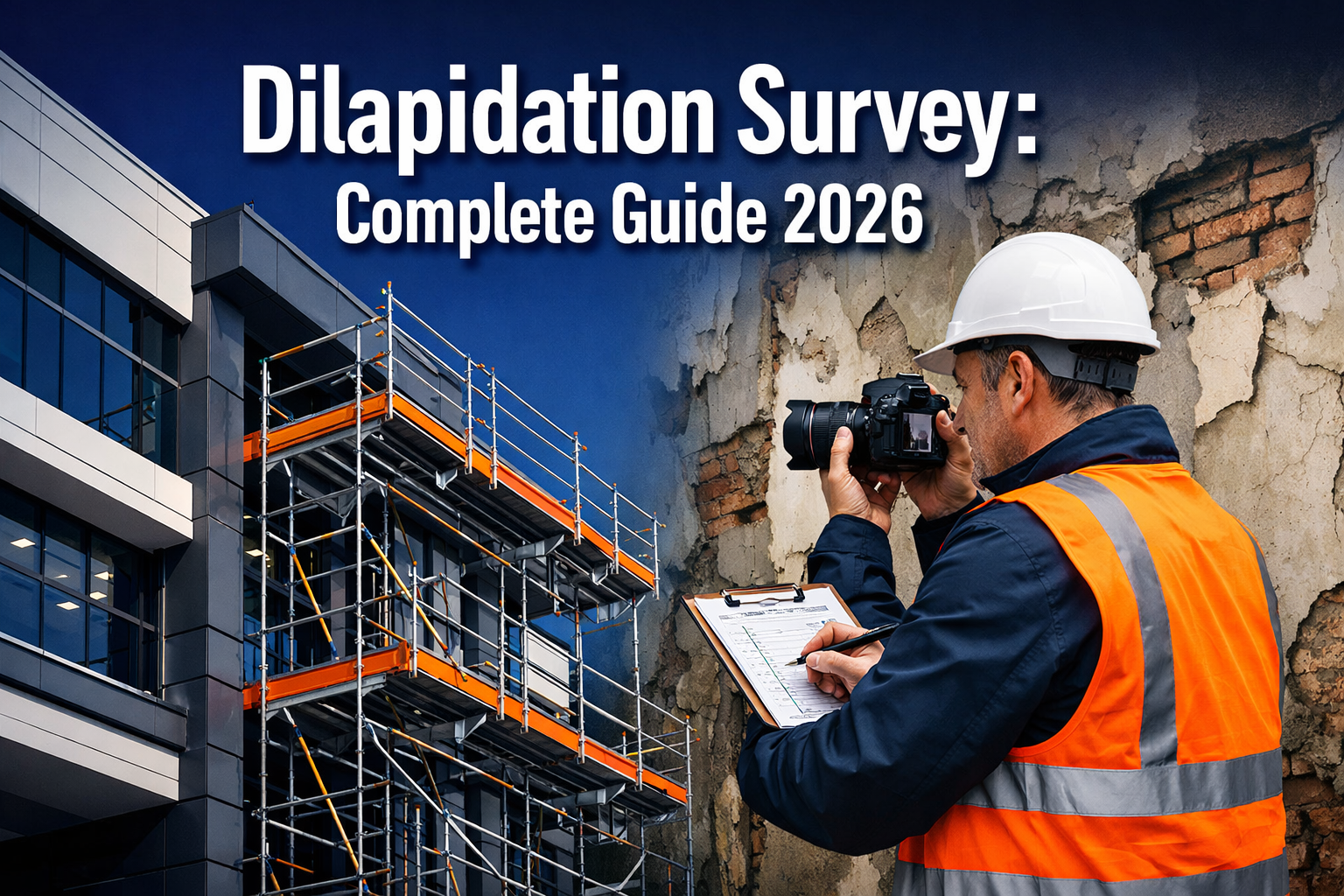Lease Extension Valuation
- Home
- Lease Extension Valuation
Lease Extension Valuation Canterbury
Leasehold properties can be intimidating. In these situations, Lease Extension Surveyors help you through the process with their expertise in leasehold property. A leaseholder can extend an existing lease. This is authorised by the Leasehold Reform, Housing and Urban Development Act 1993.
Under this provision, the leaseholder can extend the lease of an apartment by 90 years and the lease on a house by 50 years.
The lease extension surveyor determines how much money the leaseholder should pay the freeholder to secure a lease extension. To do this, the surveyor establishes an accurate leasehold valuation using approved RICS (Royal Institution of Chartered Surveyors) techniques. The property is then assessed to arrive at what is called the leasehold extension premium. This valuation process includes determining the ownership length, the rent, and then determining the overall house value.
What Happens when you Extend a Lease in Canterbury
After the calculations are made, the surveyor and the leaseholder’s solicitor use this information to negotiate with the freeholder on behalf of the leaseholder.
All valuation information is necessary because the freeholder may demand a price in excess of what is actually owed. Needing to negotiate with the freeholder often makes this a very complicated situation and a complex valuation.
Even so, negotiations don’t always proceed in an easy manner, especially when disagreements arise concerning the premium for the lease extension. In such instances, you can have recourse to a lease extension surveyor, who can represent you at a Tribunal or County Court, ensuring that your rights as a leaseholder are upheld while they argue for a premium that is not only reasonable but also fair.
Essentially, a lease extension surveyor in Canterbury is both a property expert and a people expert, one who works on behalf of those needing to extend a lease so that they might continue living in a flat or working in a building for many years to come. Their job functions range from preparing all the documents needed for a lease extension to coordinating its sale if the property in question is being sold to someone else when the sale takes place within the lease extension period.
Canterbury Lease Extensions Valuer
Canterbury Lease Extension Valuation Services is a crucial segment of the lease extension process since it establishes the lease extension’s cost.
A lease extension surveyor in Canterbury will guide the client through determining an accurate figure to be prorated for the lease extension at the time of signing while also covering the value of future maintenance entailed in the lease.
In Canterbury, a lease extension surveyor takes on a rather specialised role. As members of the Royal Institution of Chartered Surveyors (RICS), lease extension surveyors are almost like brokers in that they are essentially negotiating the value of a lease.
When you call upon a lease extension surveyor in Canterbury, you are not only getting an expert in real estate fundamentals and 250 years of institutional knowledge but also an individual who is a master in the art of negotiation.
What does it mean to value a Lease Extension?
Valuing a lease extension is all about the Canterbury property that is subject to a lease—and its ultimate market value.
It involves assumptions based on statute and tribunal court decisions as to what the market value of the property will be when the lease is extended.
The reports for the freeholder and leaseholder include a “best case” and a “worst case” scenario for each side. The Lease Extension Valuation reports therefore serve useful functions for the two parties involved in the leasehold extension process.
For leaseholders, the reports clarify a number of potentially ambiguous issues, particularly helpful to those who do not have much experience with lease extensions
When should I consider Extending my Lease?
When your lease has 100 years or more left on it, you generally don’t get much financial advantage from extending it, but when your lease has fewer than 80 years left, extending it is about the most profitable thing you can do.
If you’ve owned your flat for at least 2 years, the freeholder is legally required to give you a 90-year extension.
However, what if you let your lease slide down to 83 years left before you seek to extend it? It’s probably best to start sooner rather than later.
Section 42 Notice: What is it?
A Section 42 Notice is a formal document used to request the extension of a lease. It is part of the Leasehold Reform, Housing, and Urban Development Act 1993, which allows leaseholders to add 90 years to their lease and reduce the ground rent to zero.
To serve a Section 42 Notice, the leaseholder must fulfil certain criteria. First, the leaseholder must have owned the lease on the property for at least 2 years. Second, the existing lease must have been a 21-year lease or longer.
The notice must contain details like the full name and address of the leaseholder, a description of the property, the premium proposed for the lease extension, and the terms on which the lease extension ought to take place.
Once the notice has been served on the freeholder, they must, by law, respond with a counter-notice within a set period of time. The freeholder’s counter-notice is known as a Section 45 Notice and has two possible outcomes. The freeholder can either agree to the proposed terms of the lease extension or suggest alternative terms.
Serving a Section 42 Notice is a legal process. The vast majority of leaseholders that serve this notice are advised by lawyers because of the complexities, costs, and potential outcomes involved.
How Do I Extend My Lease?
To avoid complications, go through each step with the assistance of your solicitor and/or chartered surveyor as follows:
- Determine your eligibility: you can only extend your lease if you have been the leaseholder for at least 2 years and if the original lease was for at least 21 years.
- Serve a Section 42 Notice: prepare and direct your solicitor to issue and serve a Section 42 Notice on the landlord. This is a vital legal document that declares your intent to extend the lease, along with the terms you’re proposing. As it affects your future tenancy rights so profoundly, we strongly recommend that you do this with professional guidance.
- Counter-Notice from the Landlord: after you serve the notice, your landlord has 2 months to come back to you with a counter-notice accepting your terms or proposing some different ones.
- Negotiating: if your freeholder comes back with varied terms, you and your legal team will enter the negotiation stage. During this potentially long and drawn-out period, you will be attempting to settle on the best possible terms for the extension.
- Tribunal: if you have not achieved an agreement after 6 months from the date of the counter-notice, you may make an application to the First-tier Tribunal (Property Chamber) for a determination of the lease extension terms. The new lease is then prepared and executed in the usual way.
- Registration: the new lease should be registered at the Land Registry due to legal and financial considerations.
The whole process can take a long time. So, before you even think about starting it, do consult a professional. You should know clearly what you are undertaking and what you can expect.
Get in Touch with Us
The impact of Canterbury Lease Extension Surveyors can be felt throughout the area—those who live in leasehold properties, in particular.
When asked to extend a leasehold property, surveyors first read the current lease and make sense of it. Then, they figure out how much it would actually cost to extend the lease and provide a valuation that would make sense in the current real estate market.
When clients request a statutory lease extension, or wish to lengthen their lease by 90 years, they need both a solicitor and a surveyor.
The solicitor sends a notice to the landlord requesting that he or she grant a lease extension. If the landlord and tenant can not reach an agreement, the tenant may need to have the solicitor apply to the county court for the extension.
Our panel of chartered surveyors at Canterbury who work with the firm has a great deal of experience and handles statutory lease extensions as a normal part of their professional services.




